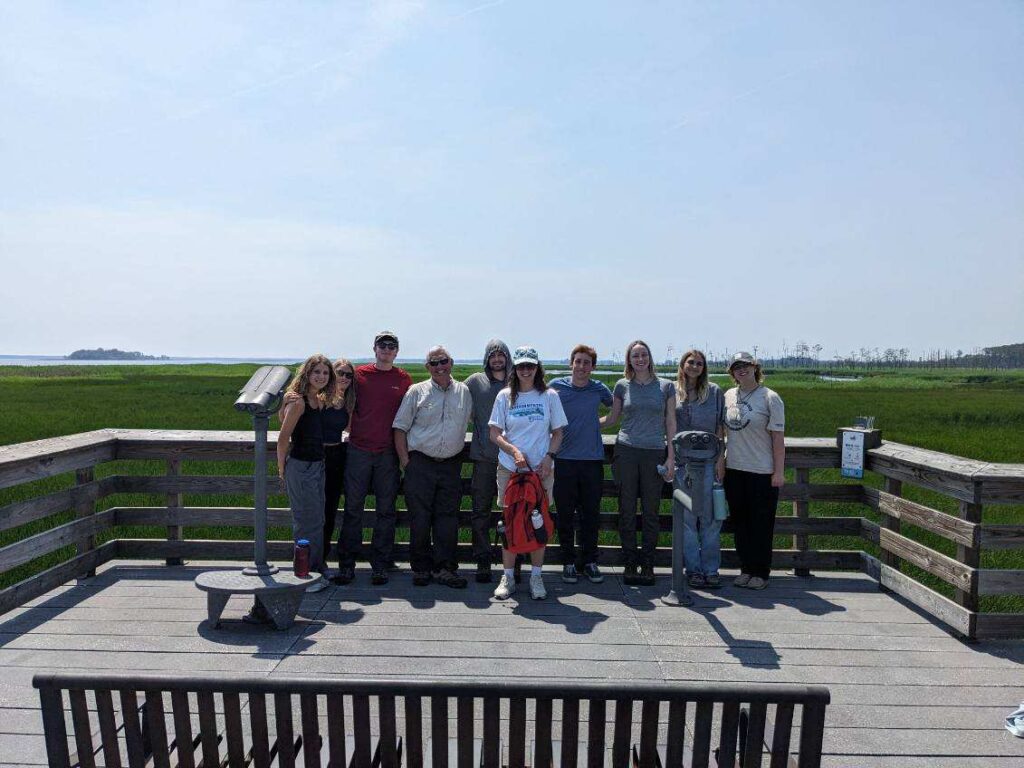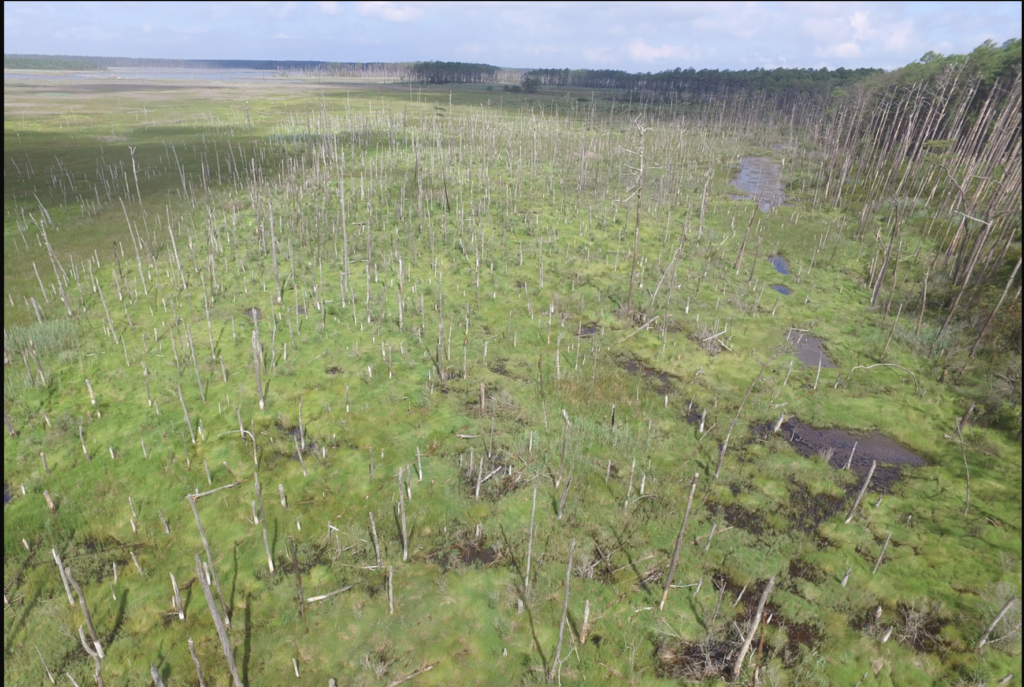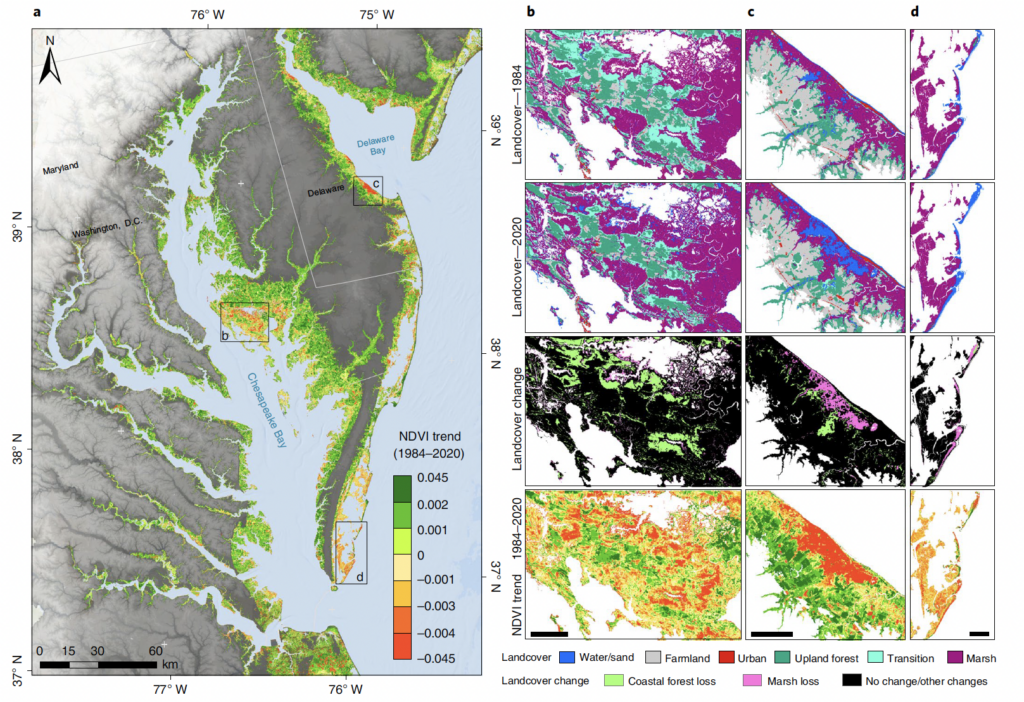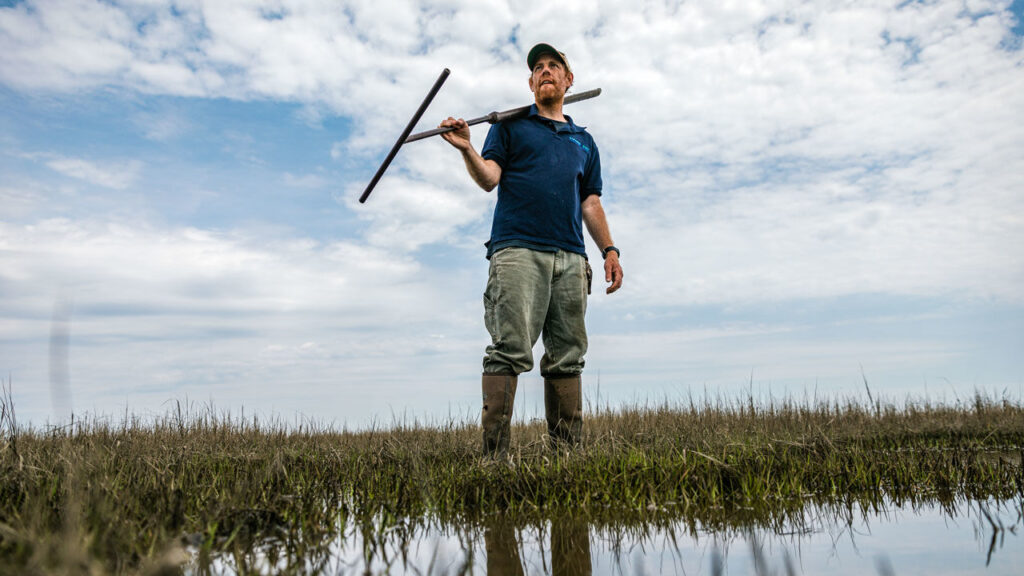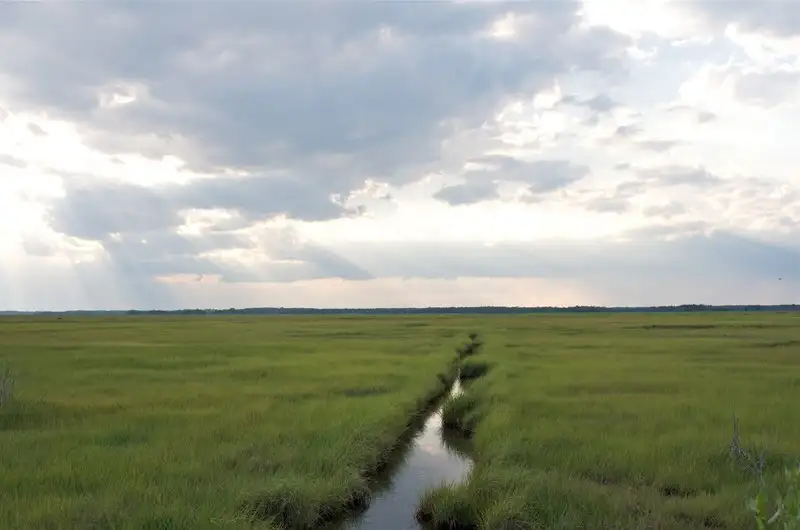Coastal Critical Zone Network Holds Final Meeting
On June 12, 2025, the Coastal Critical Zone Network (CCZN) assembled in Cambridge, MD for our annual all-hands meeting, bringing together researchers, technicians, and undergraduate interns to create a space for interdisciplinary discussion of environmental research conducted since the prior summer. The greater Critical Zone Network (CZN) funded by the National Science Foundation (NSF), investigates…
Read more

